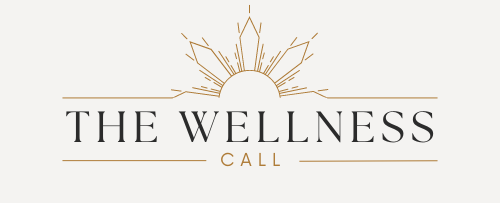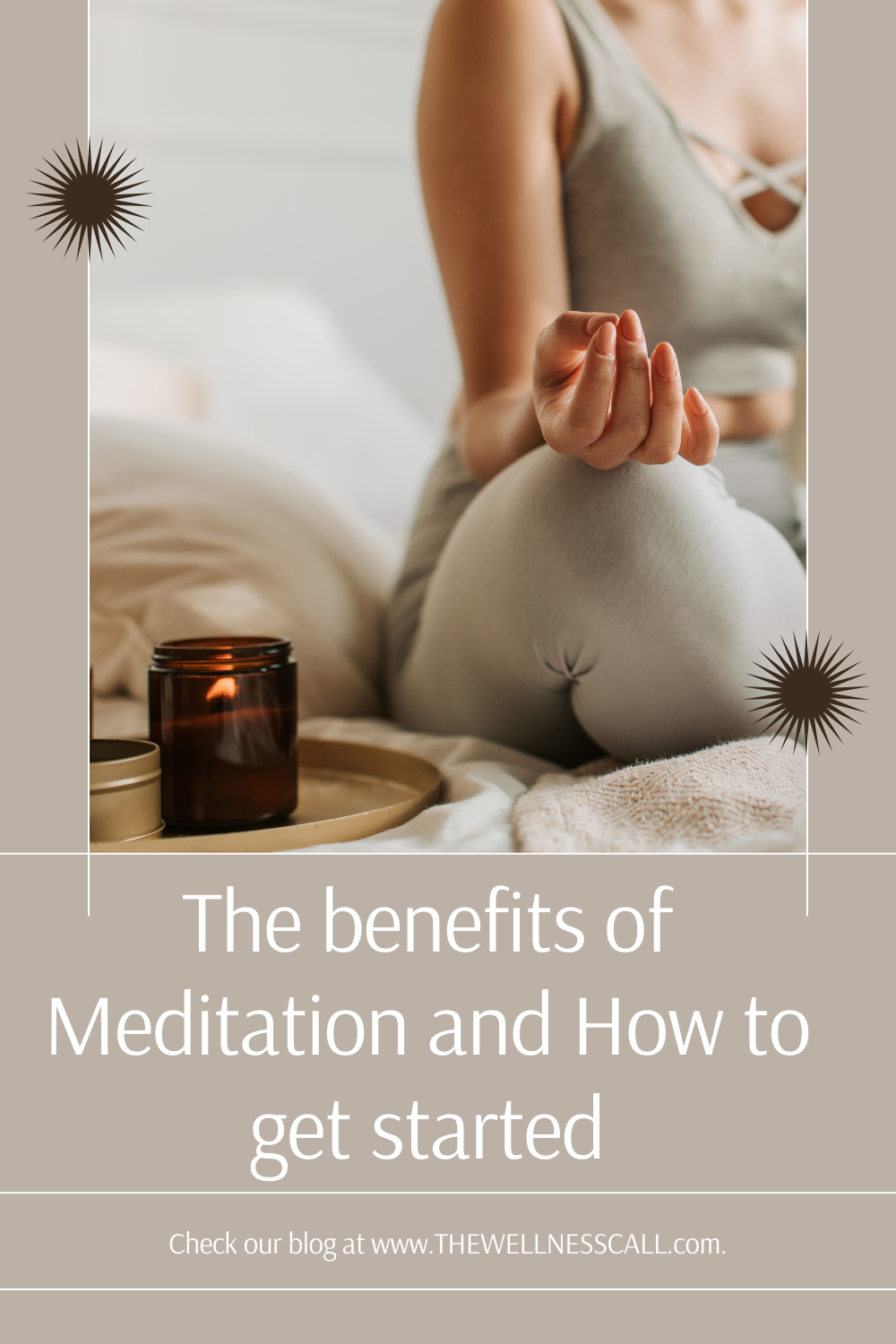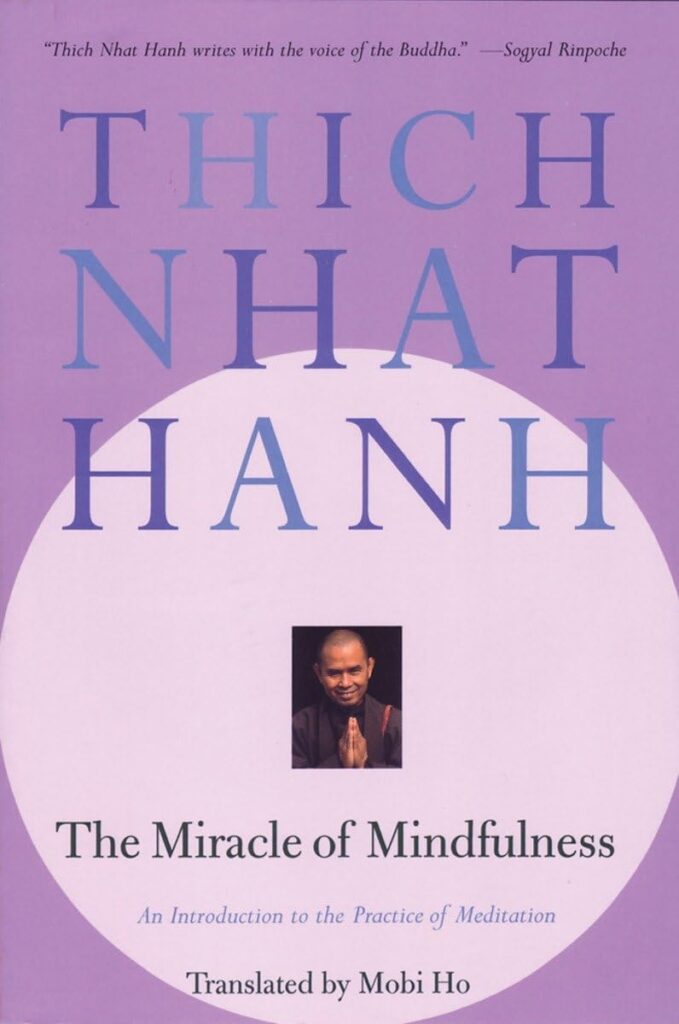Meditation is more than just a trend; it’s a practice with profound benefits for both your mind and body. Whether you’re seeking to reduce stress, improve focus, or find a sense of inner peace, meditation offers a pathway to achieving a healthier, more balanced life. Here’s how to start your meditation journey, maintain it over time, and enjoy its many benefits.
The Benefits of Meditation
Before diving into how to start your meditation practice, it’s important to understand the wide-ranging benefits that meditation can bring:
- Reduces Stress and Anxiety: Meditation helps calm the mind, reducing the production of stress hormones like cortisol. Regular practice can help you manage anxiety and foster a sense of inner peace.
- Improves Focus and Concentration: Meditation trains the mind to stay focused on the present moment, improving your ability to concentrate and enhancing productivity in daily tasks.
- Enhances Emotional Well-Being: By promoting mindfulness and self-awareness, meditation can lead to greater emotional stability, increased self-compassion, and a more positive outlook on life.
- Promotes Better Sleep: Meditation can help you unwind and relax, making it easier to fall asleep and improving the overall quality of your sleep.
- Boosts Physical Health: Regular meditation has been shown to lower blood pressure, improve immune function, and reduce symptoms of chronic pain.
- Increases Self-Awareness: Meditation encourages introspection and mindfulness, helping you become more aware of your thoughts, feelings, and behaviors. This self-awareness can lead to personal growth and healthier relationships.
- Enhances Creativity: By quieting the mind and reducing mental clutter, meditation can help unlock your creativity and problem-solving abilities.
Below you will find some pointer on getting your journey started. The book above will also help and guide you through your journey.
1. Start Small and Simple
When you’re new to meditation, it’s important to start with short, manageable sessions. Begin with just 5-10 minutes a day. This may not seem like much, but it’s enough to help you build the habit without feeling overwhelmed. As you become more comfortable, you can gradually increase the duration of your sessions.
2. Choose a Comfortable Space
Find a quiet and comfortable space where you won’t be disturbed during your meditation. It doesn’t have to be a dedicated meditation room; it could be a corner of your living room, bedroom, or even a spot in your garden. The key is to choose a place where you feel relaxed and at ease.
3. Focus on Your Breath
One of the simplest ways to start meditating is by focusing on your breath. Sit comfortably, close your eyes, and take slow, deep breaths. Pay attention to the sensation of the air entering and leaving your body. If your mind starts to wander (which is completely normal), gently bring your focus back to your breath without judgment.
4. Use Guided Meditations
If you’re unsure where to start or find it challenging to meditate on your own, guided meditations can be incredibly helpful. There are many apps, websites, and YouTube channels that offer free guided meditation sessions. These guides can provide structure and help you stay focused as you develop your practice.
5. Set a Routine
Consistency is key to maintaining your meditation practice. Try to meditate at the same time each day, whether it’s first thing in the morning, during a lunch break, or before bed. Setting a routine helps make meditation a regular part of your day and can reinforce the habit.
6. Be Patient with Yourself
Meditation is a practice, and like any practice, it takes time to develop. Don’t be discouraged if you find it difficult at first or if your mind is particularly restless some days. The benefits of meditation accumulate over time, so be patient with yourself and trust the process.
7. Experiment with Different Techniques
There are many different types of meditation, from mindfulness and loving-kindness to body scan and mantra meditation. Experiment with different techniques to find what resonates with you. You might enjoy a combination of methods or prefer to stick with one that feels most natural.
8. Incorporate Mindfulness into Daily Life
Meditation doesn’t have to be limited to your designated practice time. Incorporate mindfulness into your daily activities by staying present in the moment. Whether you’re eating, walking, or even doing household chores, try to focus on the sensations, sounds, and experiences without judgment. This can deepen your overall meditation practice.
9. Track Your Progress
Keeping a meditation journal or using a meditation app to track your sessions can help you stay motivated. Note how you feel before and after each session, any challenges you faced, and any insights you gained. Over time, you’ll be able to see your growth and the positive impact meditation has on your life.
10. Join a Meditation Group or Community
Joining a meditation group or community, whether in person or online, can provide support and encouragement. Sharing your experiences with others who are on a similar journey can be inspiring and help you stay committed to your practice. Plus, meditating with others can sometimes enhance the experience.
11. Stay Consistent, Even on Busy Days
Life can get hectic, and it’s easy to let meditation slip when you’re busy. However, even on the busiest days, try to carve out a few minutes for your practice. Remember, it’s better to meditate for just a few minutes than not at all. Consistency, even in small doses, is key to maintaining your practice.
12. Reflect on the Benefits
As you continue your meditation journey, take time to reflect on the benefits you’re experiencing. Are you feeling less stressed? More focused? More at peace? Recognizing these benefits can motivate you to keep going and deepen your commitment to your practice.
Conclusion
Starting and maintaining a meditation journey is a rewarding experience that can lead to profound changes in your life. By understanding the benefits of meditation, starting small, setting a routine, and being patient with yourself, you can cultivate a practice that supports your mental, emotional, and physical well-being. Remember, meditation is a journey, not a destination, so embrace the process and enjoy the many benefits it brings.
Below you will find a link to “The Miracle of Mindfulness” by Thich Nhat Hanh where he offers practical advice on how to integrate mindfulness into everyday life, along with simple meditation exercises that are easy for beginners to follow. The book emphasizes the importance of living in the present moment and offers insights that can help you build a sustainable meditation practice. It’s a gentle, encouraging guide that’s perfect for anyone new to meditation. CLICK HERE
Affiliate link may generate commission





